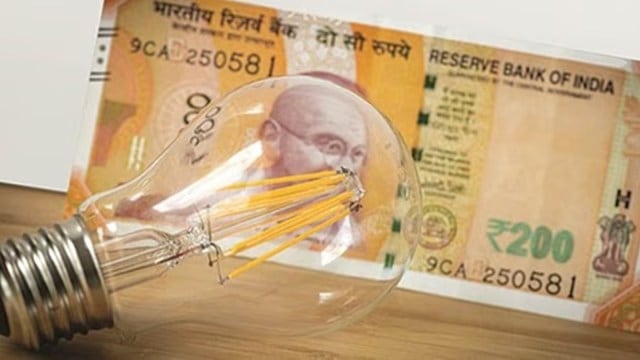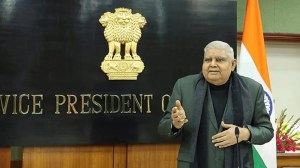Don’t share bank details, use verified apps: Discoms give tips amid rise in frauds
A BSES official said that consumers need to remain vigilant and exercise caution while paying their electricity bills and use only BSES-authorised platforms.
 The discom officials added that these messages typically warn of immediate power cuts due to unpaid bills. "They may even include copied logos to create a sense of legitimacy. (Representational Image)
The discom officials added that these messages typically warn of immediate power cuts due to unpaid bills. "They may even include copied logos to create a sense of legitimacy. (Representational Image)Pay electricity bills on verified apps, don’t share debit or credit card details, and avoid clicking on suspicious links — these are some of the safety tips highlighted in the social media awareness campaigns kicked off by discoms amid a growing number of frauds in Delhi.
“These scams aren’t limited to a single city. These fraudsters are employing similar tactics all over. They send messages claiming overdue payments and urge unsuspecting people to click on dubious links or call unfamiliar numbers. These links often lead to malware-infested websites while the phone calls connect you to imposters posing as official representatives,” said a BSES official. Recently, a doctor in Delhi was targeted, said officials, adding that he clicked on a fake link supposedly to pay his electricity bill and was duped of Rs 6 lakh.
A BSES official said that consumers need to remain vigilant and exercise caution while paying their electricity bills and use only BSES-authorised platforms. “Our officials will never ask consumers for their bank or credit/debit card details, CVV number, or OTP,” the official added.
The discom officials added that these messages typically warn of immediate power cuts due to unpaid bills. “They may even include copied logos to create a sense of legitimacy. These messages in the form of emails, calls, or SMSes, often create panic among consumers…The given links with the messages also lead to fraudulent websites designed to scan personal information…,” said officials.
The goal is to extract sensitive information. A Tata Power Delhi Distribution Limited (TPDDL) spokesperson advised the consumers to ensure that the website URL starts with “https://” before entering any sensitive information.












